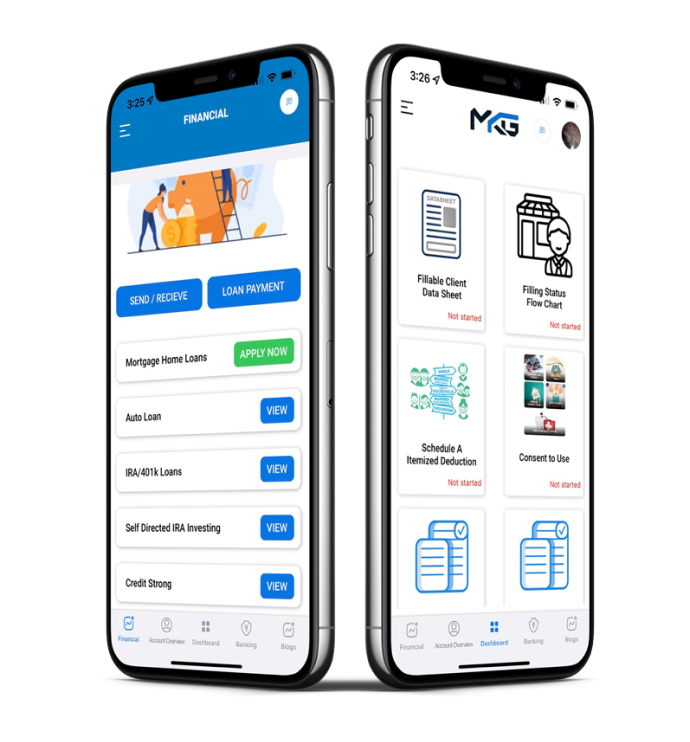Family, Dependents and Students Credits
There are many credits available for people to help reduce the amount of taxes they owe or increase their refunds. This article will provide an overview of the various credits available in the category of Family, Dependents, and Students.
Earned Income Tax Credits (EITC)
The Earned Income Tax Credit (EITC) is designed to help low- to moderate-income workers and families get a tax break. Here are some key points about the EITC:
- The EITC Assistant is a tool that can help you determine if you qualify for the credit.
- There are specific rules for qualifying for the EITC, including income limits and filing status requirements.
- The EITC also has rules regarding qualifying children, such as age requirements and relationship criteria.
- The EITC tables show the maximum credit amount based on your income.
- If you qualify for the EITC, you will need to claim it on your tax return.
- It's important to note that claiming the EITC may delay your refund.
Child Tax Credit
The Child Tax Credit is available to help families with qualifying children get a tax break. Here are some important details about the Child Tax Credit:
- Residents of Puerto Rico are also eligible for the Child Tax Credit.
- The American Rescue Plan Act of 2021 expanded the Child Tax Credit for tax year 2021 only.
- In 2021, there were advance Child Tax Credit payments available.
- For more information about the Child Tax Credit, you can refer to the frequently asked questions and resources provided by the IRS.
Educational Credits
There are also credits available to help with the cost of higher education. These credits can reduce the amount of tax owed on your tax return. Here are the two main educational credits:
- American Opportunity Tax Credit: This credit is available for qualified education expenses incurred during the first four years of post-secondary education.
- Lifetime Learning Credit: This credit is available for qualified education expenses incurred for undergraduate, graduate, and professional degree courses.
Related Resources
For more information about credits and deductions for individuals, as well as business credits and deductions, you can refer to the resources provided by the IRS.
Page Last Reviewed or Updated: 06-Oct-2023
